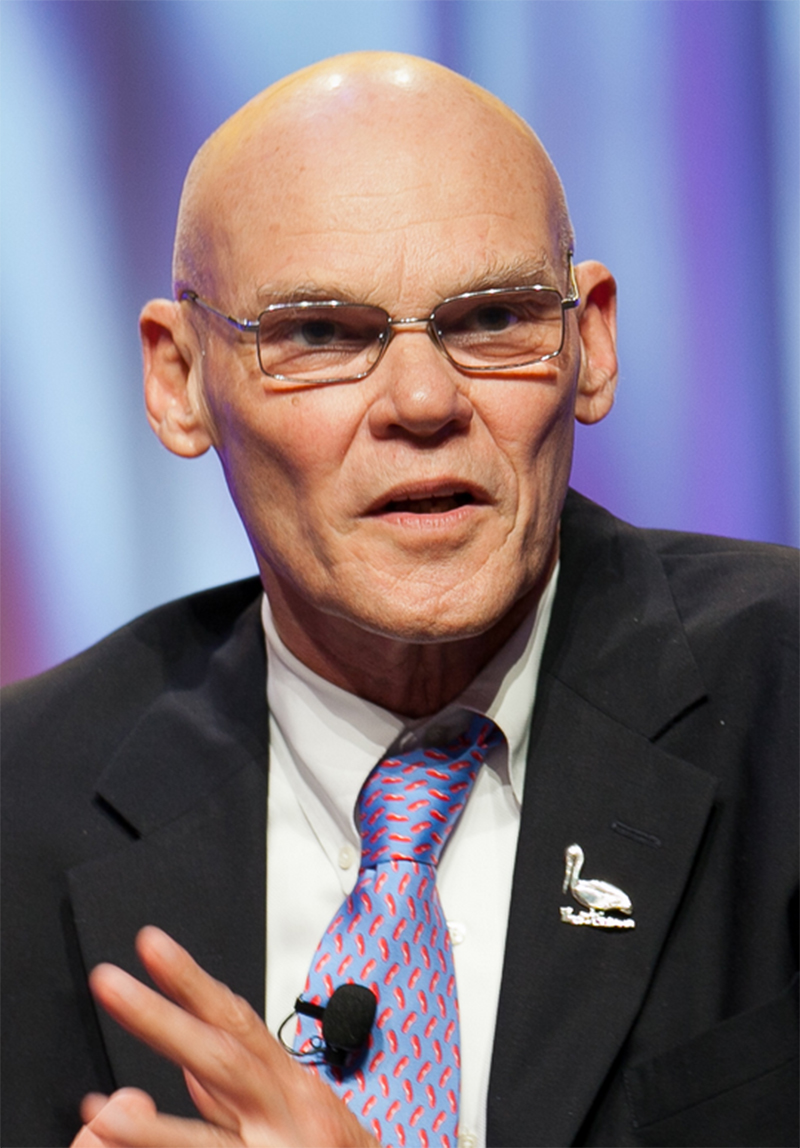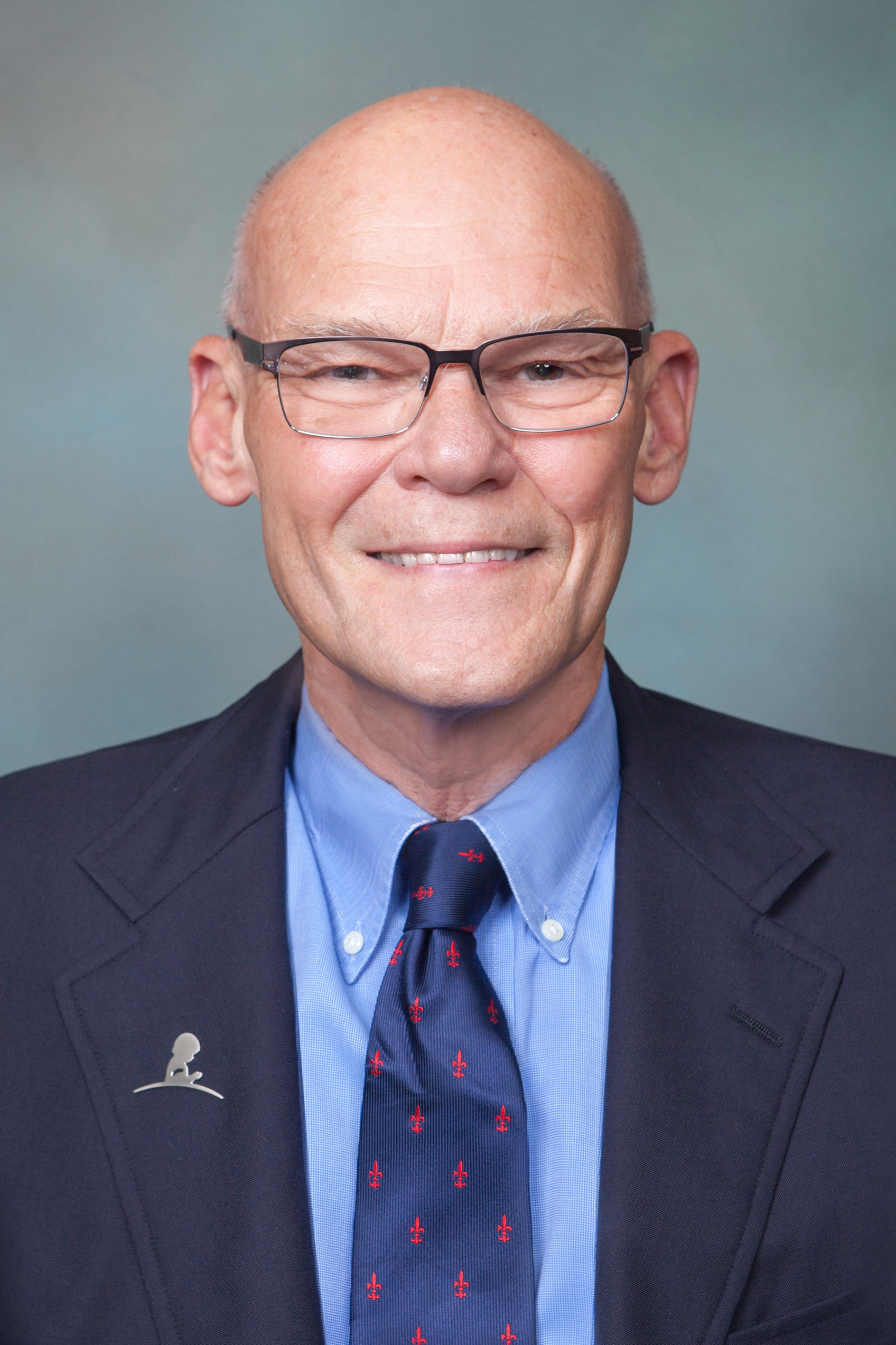Can the Democratic Party truly afford to stand its ground, or is a strategic retreat the only path forward? For James Carville, the seasoned strategist who guided Bill Clinton to the presidency, the answer, surprisingly, might be the latter.
The political landscape, as viewed by Carville, demands a radical re-evaluation. He suggests a tactical pause, a period of introspection and strategic recalibration, as the most effective course of action. His perspective, honed by decades of navigating the treacherous currents of American politics, warrants careful consideration, especially now, as the Democratic Party grapples with formidable challenges. Carville believes that the relentless pursuit of immediate victories might be counterproductive, and that the party should focus on long-term strategies. This approach is not merely a retreat but a calculated maneuver designed to secure future dominance.
To delve deeper into the life and career of this influential figure, consider the following:
| Category | Details |
|---|---|
| Full Name | James Carville |
| Date of Birth | October 25, 1944 |
| Place of Birth | Fort Lee, Virginia, U.S. |
| Education |
Louisiana State University (B.A.) Louisiana State University (J.D.) |
| Notable Achievements |
|
| Political Affiliation | Democratic Party |
| Known For |
|
| Current Endeavors |
|
| Personal Life |
Married to Mary Matalin, a prominent Republican strategist. |
| Key Campaigns |
|
| Books Authored |
|
| Website | PBS American Experience |
Carville's career trajectory is a fascinating study in political strategy. He initially gained prominence through his work on several state and local campaigns. His big break came when he was appointed as the lead strategist for Bill Clinton's 1992 presidential campaign. This campaign, which capitalized on the economic anxieties of the time with the famous slogan It's the economy, stupid, catapulted Clinton to the White House and established Carville as a major player in the political arena. His methods, though, were often unconventional and frequently drew criticism.
Carville's approach to political campaigns, especially his emphasis on grassroots organizing and direct communication with voters, was considered groundbreaking. He recognized the power of linking the president to the pain experienced by everyday people. He didn't shy away from blunt assessments of his opponents or his own party, contributing to both his popularity and controversy. This willingness to speak plainly has made him a sought-after commentator and consultant.
His influence extends beyond the 1992 campaign. He has continued to advise Democratic candidates and parties for decades. The principles he championed during the Clinton campaign, such as focusing on the economy and targeting specific voter demographics, remain central tenets of modern Democratic strategy. He has also co-hosted a number of political talk shows, solidifying his status as a fixture in political discourse. He is also author of numerous books, offering his insights on politics.
However, Carville’s views, while rooted in decades of experience, are not without their detractors. Some argue that his methods, which were effective in the 1990s, are no longer suitable for the present political climate. Critics also point to his sometimes acerbic commentary and his tendency to engage in highly partisan rhetoric. Nevertheless, his influence on the Democratic Party and his impact on American political strategy cannot be denied.
Carville has also weighed in on contemporary challenges, particularly concerns over the direction of the Democratic Party itself. He has expressed worries about what he perceives as a trend towards wokeness, suggesting that the party risks alienating key segments of the electorate by focusing on certain cultural issues. His assessment has been both praised and criticized.
His insights, however, are not without their critics. The focus on localized messaging and direct communication, while effective in the 1990s, may not fully address the complexities of current political challenges. Furthermore, Carville’s blunt style sometimes fuels further polarization and distracts from the core issues at hand. While his strategies helped elevate Bill Clinton, the political landscape has shifted significantly in the decades since. Despite the disagreements surrounding his methods, his contribution to the Democratic party’s evolution and his continued influence in political discourse is undeniable.
The advice offered by Carville, therefore, needs to be considered within a broader context of shifts in the political landscape, and the evolving dynamics within the Democratic Party. His focus on economic anxieties remains relevant, but the modern American political landscape is more fractured and complex. His call for a period of strategic reassessment underscores the importance of adaptability and a deep understanding of the American electorate.
Carville's emphasis on the economy and local messaging reflects his belief that tangible impacts on voters' lives are the most persuasive arguments. He maintains that tying politicians to the people's financial struggles can be politically potent. He continues to advocate for clear, concise messaging and a focus on issues that directly affect people's day-to-day lives.
Carville’s ability to cut through political jargon and articulate complex issues with a degree of Southern charm has made him a much sought-after analyst. His assessments, often candid and unflinching, frequently challenge conventional wisdom. He is seen as a shrewd observer, and his ability to articulate his thoughts is undeniable.
His legacy is complex and multifaceted. He is lauded for his strategic acumen and his ability to galvanize voters. At the same time, he is known for his controversial comments and his blunt pronouncements. Nevertheless, his impact on the Democratic Party and American political strategy remains undeniable.
Carville's insights into the state of American politics provide a valuable, if sometimes controversial, perspective. His long-term influence shows a legacy of a political strategist.



